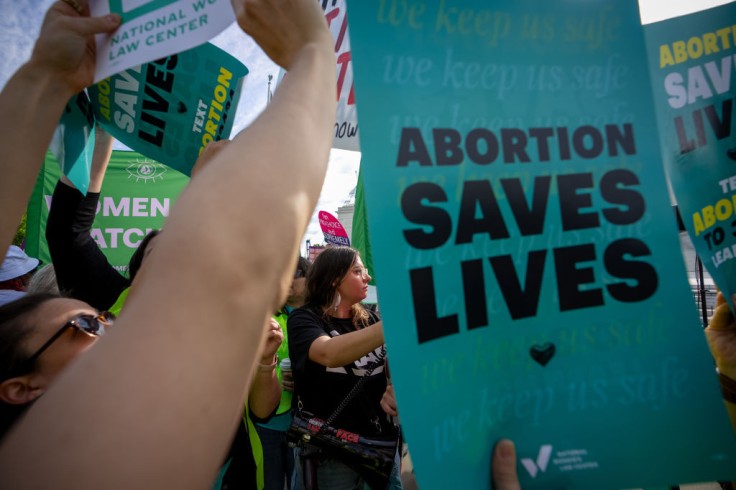
Florida's enactment of a six-week abortion ban swiftly considers the heightening importance of telehealth appointments with out-of-state physicians and the use of mail-order abortion pills, specifically for women in the state.
Legal Disputes Regarding the Abortion Prohibition
Both proponents and opponents of abortion discern legal difficulties ahead, as conservative states seek to limit abortion rights while liberal states aim to safeguard them.
Although Florida hinders telehealth appointments for abortion, women can still access treatments for abortions through virtual visits with physicians in states where the procedure is legal, according to Rachel Rebouché, dean of the Temple University Beasley School of Law.
Shield laws in seven states safeguard physicians providing reproductive health care, enabling them to serve patients nationwide, including those in states with abortion restrictions.
Aid Access, an organization, already facilitates telehealth abortion services for thousands of females monthly, including hundreds in Florida.
Medication abortion, involving mifepristone and misoprostol pills, accounts for an essential portion of pregnancy terminations in the U.S., with telehealth playing a heightening outstanding role.
Despite abortion limitations in many states, the accessibility of telehealth appointments adds to an increase in abortions, as proved by heightened demand after Texas's six-week abortion ban in 2021.
Choices for Numerous Women Seeking Abortions
Telehealth appointments allow more accessible choices for many women looking for abortions, specifically in regions with restricted abortion access like the South.
With Florida's abortion laws becoming more limited, women may face substantial costs and logistical difficulties looking for abortions out of state. Additionally, legal complexities arise regarding the prosecution of out-of-state doctors providing abortion services in states like Florida.
Conservative states have contested shield laws protecting abortion providers, raising constitutional concerns. The outcome of legal battles over these laws remains uncertain, potentially culminating in Supreme Court intervention. The concern is probable to remain combative, with Florida voters set to consider a constitutional amendment regarding abortion access in the forthcoming election.
Florida's Exceptions to Abortion Ban
Florida's health regulators have issued a new law outlining exceptions to the state's recently enforced six-week abortion ban. This comes amidst the implementation of stricter abortion restrictions in Florida, particularly limiting access across the Southeast.
The rule specifies that certain medical treatments for conditions like ectopic pregnancies and trophoblastic tumors, as well as induced delivery for premature rupture of membranes, are not classified as abortions.
The aim is to address immediate health risks to pregnant women and unborn children. The agency declared that the rule aims to oppose false information and guarantees the safety of pregnant women and unborn babies during medical emergencies.
While Florida's abortion law includes exceptions for cases of rape, incest, and human trafficking up to 15 weeks, critics argue it efficiently imposes a near-total ban on abortion.
Following the Supreme Court's decision to grant abortion bans in some states, physicians in states with strict abortion regulations face difficulties in navigating exceptions.
Related Article : Florida Implements 6-Week Abortion Ban Prompting Women To Seek Services in Other States Due to Restrictions